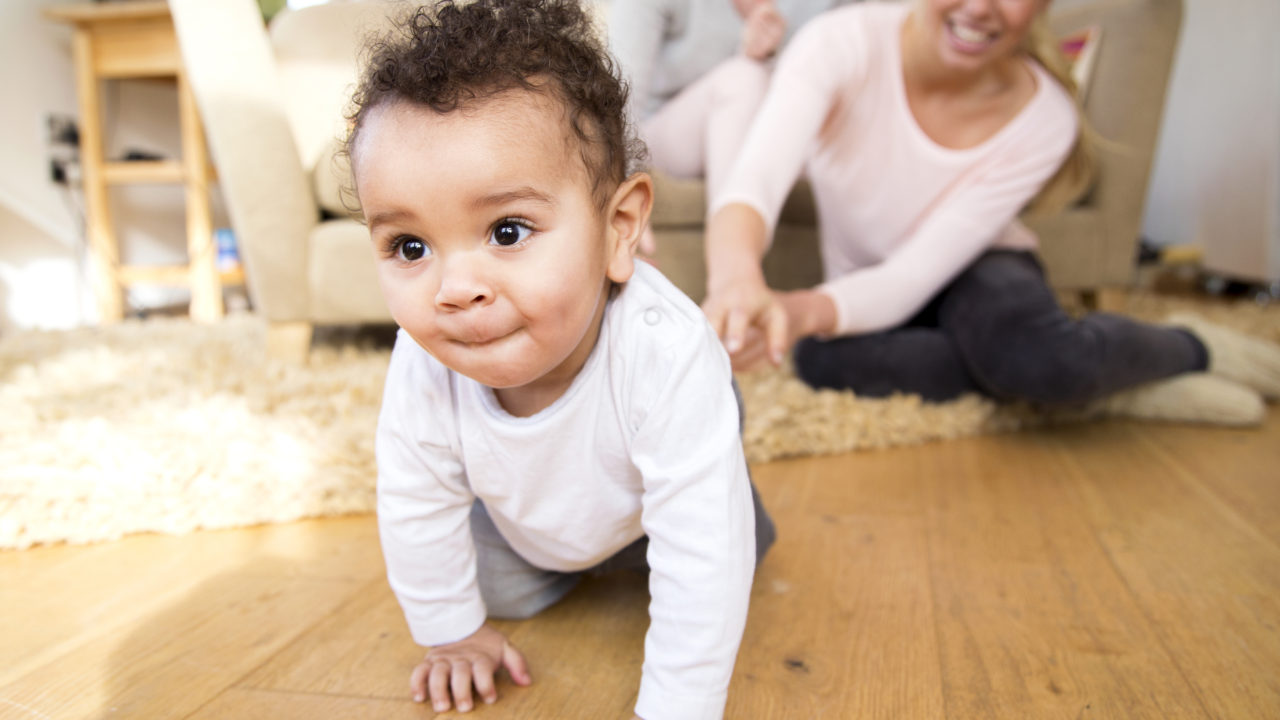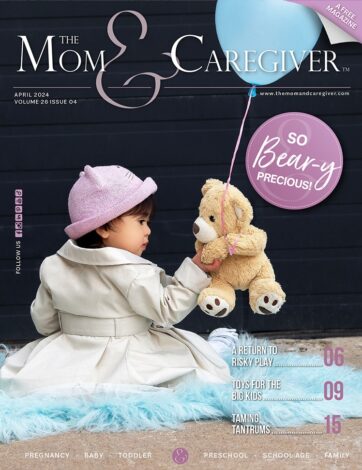Poison Patrol
Children are naturally curious. They explore the world with their hands and mouths, touching and tasting anything in reach. Take precautions to protect your children from poisons. Each year, many children swallow or touch poisonous substances. Keep a close eye on your child, especially in a new environment, where dangerous toxins can be within child’s reach.
How can you keep your home safe?
- Lock up dangerous household items like medicines and cleaning, car, and garden products.
- Have safety latches that automatically lock when you close a cabinet door.
- Always store dangerous substances in a place where your child cannot reach or see.
- All medicines should be kept in containers with safety caps. Any unused medications should be discarded.
- Never put poisonous products into drink or food containers.
- Keep remote controls, greeting cards or any devices with small button batteries away from children.
Some clues to ingestion or exposure to a poison may be unusual smell, burn, or stain around a child’s mouth, trouble breathing, seizures or loss of consciousness. If you think your child has been exposed to something toxic, seek medical attention and contact the local poison control center. If your child swallowed a poisonous substance, get the child to spit out any residual amount. Do not give the child anything to cause vomiting (like ipecac) because it could cause damage on the way up. If your child has poisonous substance on the skin, remove the clothing and rinse the skin in water. If eyes are exposed, they should be flushed with a steady stream of water. Button battery ingestion is an emergency because it can cause serious tissue damage. Your child should be brought to the emergency immediately.
Prevention is key, so protect your children by making the home poison-proof!
Becky Biqi Chen was a resident in general pediatrics for three years at the Children’s Hospital at London Health Sciences Centre. She is currently specializing in pediatric gastroenterology during her fellowship at the British Columbia Children’s Hospital.














